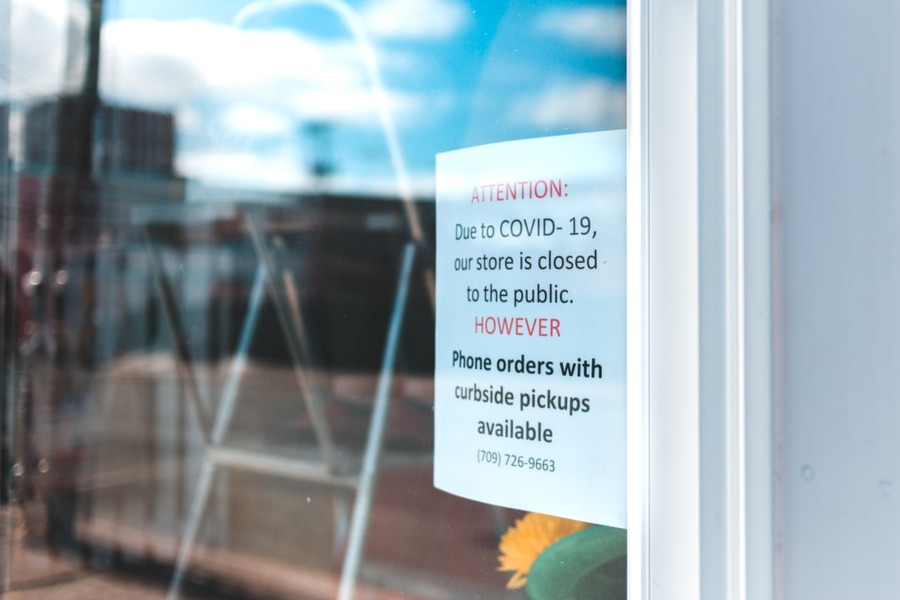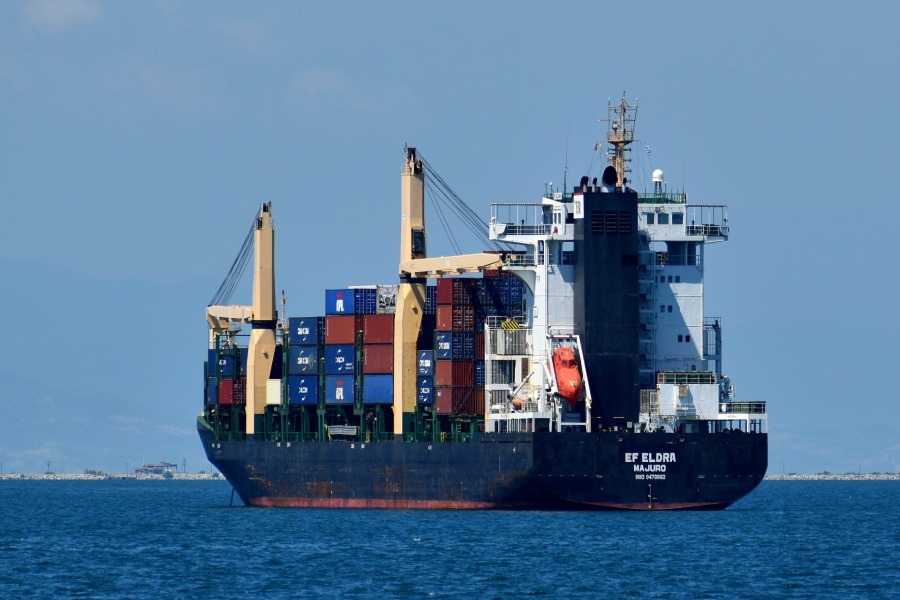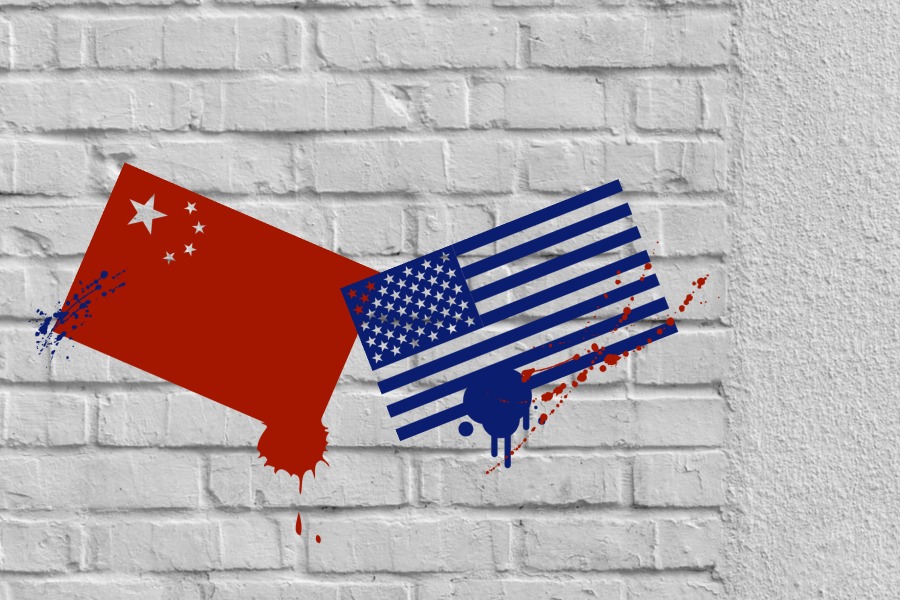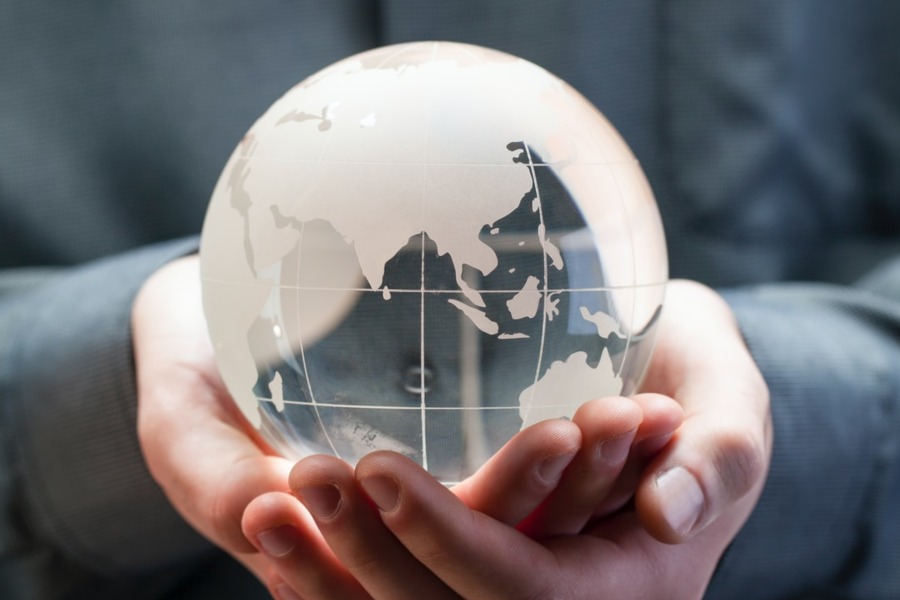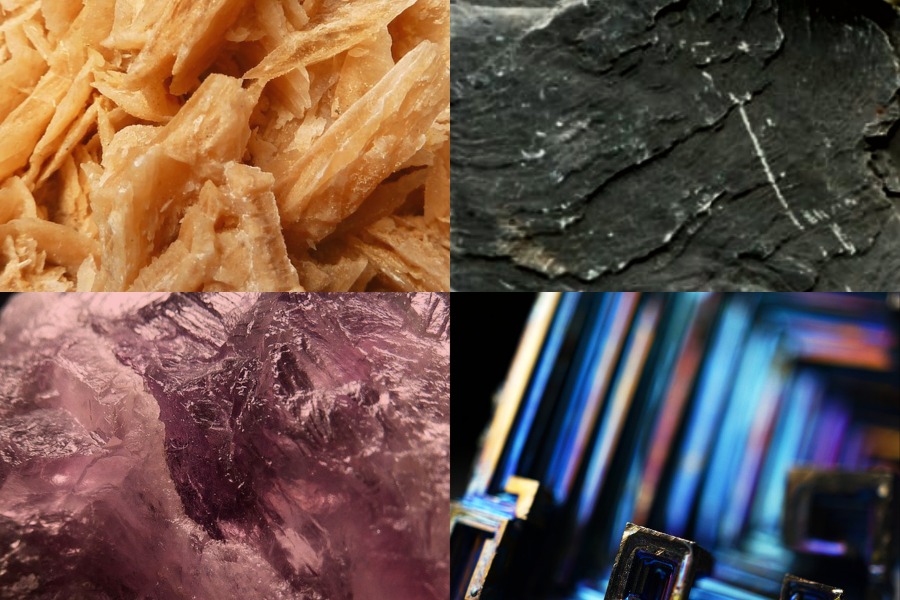Five Takeaways:
➀ Tariffs have cost the U.S. an estimated 200,000 jobs: Mary Lovely, a professor of economics at Syracuse University, presented data on the effects of U.S. tariffs, including job losses, especially in steel and agriculture. Tariffs forced downstream businesses to pay higher input prices that has amounted to a “tax” of about $1,600 per worker. The overall U.S. trade deficit and the trade deficit with China are larger than in 2016. Still, President-elect Biden will likely focus on the pandemic and the economy first and turn to trade later, panelists agreed.
➁ Biden will likely focus on rebuilding trade relationships with Europe, WTO: The top 1% in America receive a higher share of total income than in other advanced nations. In the 1990s and 2000s, the share of income going to the top strata increased faster in the U.S. than elsewhere and was far larger – 18.3% in the U.S., 14.3% for second place U.K., and less than 10% for nearly all other nations. “Other countries do follow the United States,” he said. “But the United States is the outlier. … There’s something else going on here in the United States because we are so extreme.”
➂ China won’t be backing down to appease a President Biden: “In Xi Jinping’s view, China — at least economically — should be treated as equal to the Americans,” said Lingling Wei, the Wall Street Journal’s senior China correspondent. “The days of China being bossed around are over.” But Chinese leaders are also judged by their relations with the United States. “Xi Jinping doesn’t want to be the one who would be blamed for losing America.” A Biden administration will not soften its approach to China, so continued tension is inevitable, Wei said.
➃ Biden has said he will not pursue further trade deals until the U.S. invests more in American workers and businesses: Those investments will be in education, infrastructure and manufacturing, Alden said. Biden has also promised to “implement fundamental reforms that shift production of a range of critical products back to U.S. soil, creating new jobs and protecting U.S. supply chains against national security threats.” More information on Biden’s plans to rebuild U.S. supply chains can be found here.
➄ Where to find great sources on every trade issue: Alden, former bureau chief for the Financial Times, gave a tutorial on where journalists can find help on trade issues. Besides think tanks and academic experts, trade associations are excellent resources, as are supply chain researchers at universities, foreign diplomats, and the law firms that represent companies on trade issues. Local and state officials can explain how trade issues could affect the local economy. Watch Alden’s tips for finding good sources here.
This program was funded by the Hinrich Foundation. NPF is solely responsible for the content.






